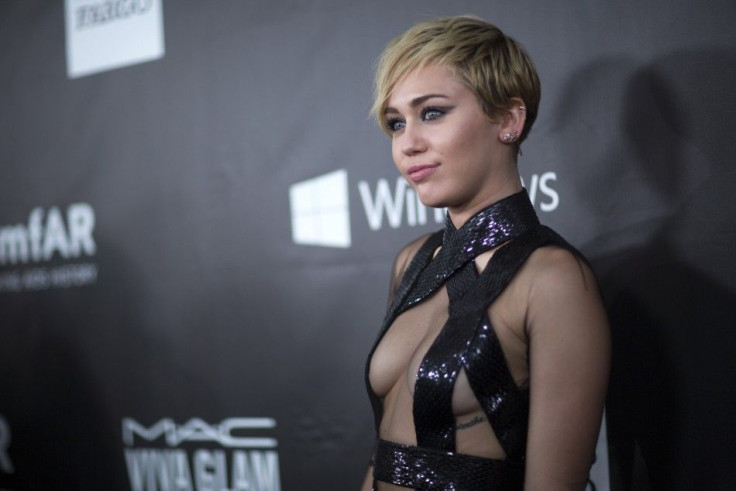Miley Cyrus Drug Problem Public Acceptance is Dangerous, Dissecting Social Media’s the Good and the Bad

The reach of social media is beyond imaginable as both average citizens and well-known personalities participate in its various platforms. In fact, social media has become a powerful medium that brands and celebrities alike are using to their advantage. However, some backfire at the most opportune times. Take Miley Cyrus and the use of illicit drugs for instance.
Cyrus hit back at her "haters" on Instagram calling her an "ugly drug addict." According to Sugarscope, the celebrity is fond of social media sites posting her pictures and fan edits. Some edits though go as weird as they can get. In response to the drug and appearance bashing, the star posted: "That awkward moment when your heart is full of hate and the only way you know how to deal with it is being hating others as much as you hate yourself .... Try painting ... It helped me a lot with my anger."
However, social media and online websites are not just influential in publicising celebrities and the "hate culture," but it has also been a catalyst of public acceptance - whether it is good or bad.
The New York Post argues that while there have been collaborative efforts on the use of marijuana for recreational and medicinal purposes, pushing for public acceptance of the use of drugs can be contested. The problem lies with sites like HuffPost Live, according to the report. While Miley may have smoked a joint at the stage during the European Music Awards as well as Art Basel Miami Beach Festival, it does not create a positive reinforcement of the supposed use of the joint.
Rather, it reflects the "ugly" side of celebrity culture. Likewise, the report says that public acceptance and abuse pose even more danger when well-known media outlets advertise the use of illicit drugs. New York Post cites HuffPost Live's segment on the advantages of using psychedelic drugs, including mushrooms, for treatment of depression.
It would have been a fair segment if the network decided to include a doctor as part of the panel. The network invited guests like Bill Gates, Elizabeth Warren and Jimmy Carter in the past then it should not be a problem to get a medical professional on board. However, there was no M.D. to challenge or defend against the claims of psychedelics. According to research, the government still considers ecstasy as a dangerous drug. It has also tagged the item with "no recognized medical use." Regardless of the scientific reviews, scientists reveal that despite therapeutic effects, the drug remains unsafe because it has "lasting neurotoxin and cognition impairing effects in humans."
On a last note, the New York Post suggests that promoting one-sided theories while ignoring more authoritative claims in lieu of publicity or exposure can be dangerous and irresponsible. On dissecting the power of social media and online content, The Guardian notes that regardless of what brands and personalities do on social media and their online power, it has to be well thought-out and not one-sided. Simply jumping on the bandwagon may eventually backfire.
Contact writer: precious.silva@gmail.com



















